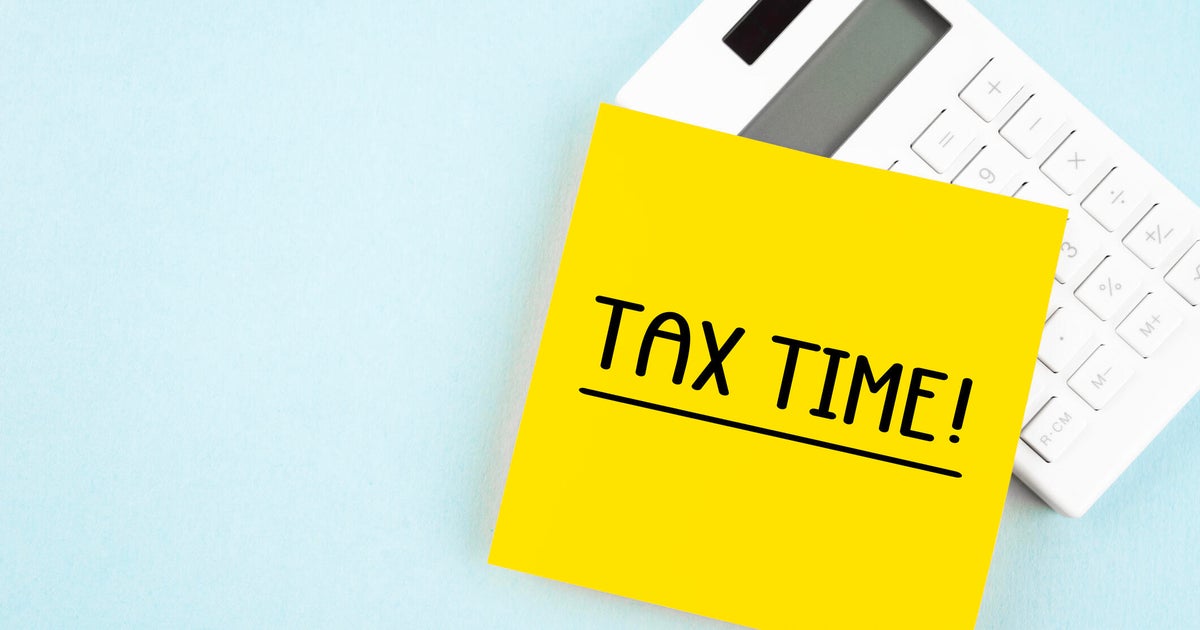Home prices are high. Here's how owners can use that equity.
Inflation may be cooling, but the interest rates to combat it aren't showing any signs of coming down soon. Higher interest rates make borrowing more expensive across the board, reducing the financial opportunities for many. One group that has suffered is existing homeowners. This group is often reluctant to purchase a new home because they're likely to lose their current low mortgage rate. Refinancing to make ends meet and get extra cash isn't as appealing, either, considering the currently high refinancing rates.
Despite the elevated rates, home prices have actually ticked up. The average sales price for an existing home jumped almost 2% in July to settle at $406,700, according to a recent report. That's up almost 60% compared to January 2020's median home sale price of $266,300.
With elevated home prices come elevated home values, meaning many Americans are sitting on significant sums of home equity they could potentially withdraw from. Fortunately, there are multiple ways to do so, at relatively low interest rates. Start by exploring your home equity loan options here to learn more.
How owners can use their home equity now
There are multiple cost-effective ways owners can take advantage of their higher home values via home equity borrowing. Here are three to know.
Home equity loans
Owners can borrow up to 80% of their existing home equity by withdrawing it with a home equity loan. These types of loans tend to come with lower interest rates than credit cards or personal loans (which are currently somewhere in the 8% to 9% range) and favorable tax benefits.
If you use a home equity loan for eligible home repairs or renovations, for example, you may be able to deduct the interest you paid on the loan from your taxes. Rates on these types of loans are usually fixed, but borrowers need to repay the full amount, with interest, on the amount borrowed - even if they only wind up using a portion of the funds. But compared to the double-digit interest rates accompanying many credit cards lately, that may be a tradeoff well worth it.
Explore your home equity loan options and see what you're eligible to borrow.
HELOCs
A HELOC, also known as a home equity line of credit, is a revolving line of credit that operates similarly to a home equity loan, albeit with some important differences. Unlike a home equity loan, rates on HELOCs are usually variable, meaning they adjust (and could rise) over your borrowing timespan. You can borrow the same amount of equity with a HELOC as you would a home equity loan, and the tax advantages are the same.
One appealing advantage compared to home equity loans revolves around how borrowers pay back the interest. A home equity loan comes due (with interest) automatically, regardless of how much of the loan you used. With a HELOC, however, the interest only needs to be repaid relative to the amount you actually used.
So, if you took out a HELOC for $15,000 but only use $5,000 of that amount, you'll only be liable to pay interest on the latter amount. This is a benefit for borrowers who are unsure about how much they need to borrow but don't want to get stuck paying interest on money they don't ultimately need.
Learn more about your HELOC options here now.
Reverse mortgages
Reverse mortgages are only available for homeowners 62 and older who have paid off all or most of their homes. But if you fall into both categories and need extra funding, it may be worth pursuing.
By going this route, owners can take out a portion of their equity to use as they see fit. This qualifies as tax-free income but must be repaid when the owner dies or the home is sold. But unlike a traditional mortgage or a HELOC, the homeowners do not need to make monthly payments toward the loan balance.
Check your mortgage options here to learn more.
The bottom line
With home prices elevated in many parts of the country, owners may have substantial sums of equity they can borrow, at lower interest rates than they could get with popular alternatives. Three of the best to research now are home equity loans, HELOCs and reverse mortgages. All can help owners make ends meet and pay for expenses and repairs. And depending on what they use the funds for, they may be eligible to deduct the interest paid from their taxes next year.




